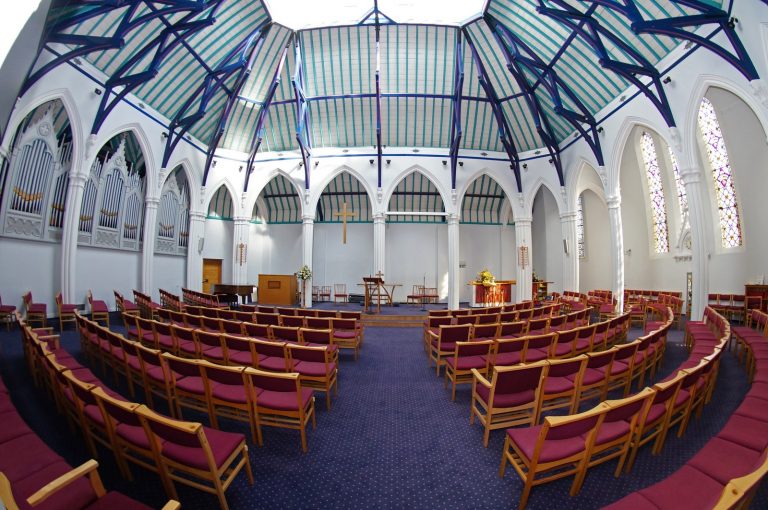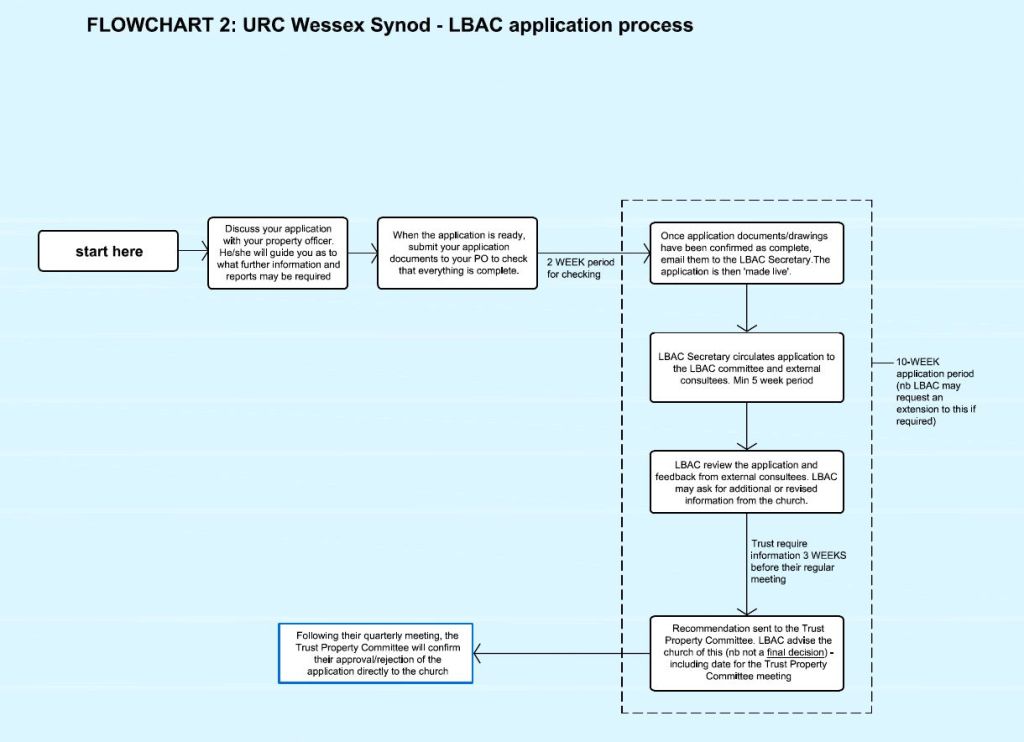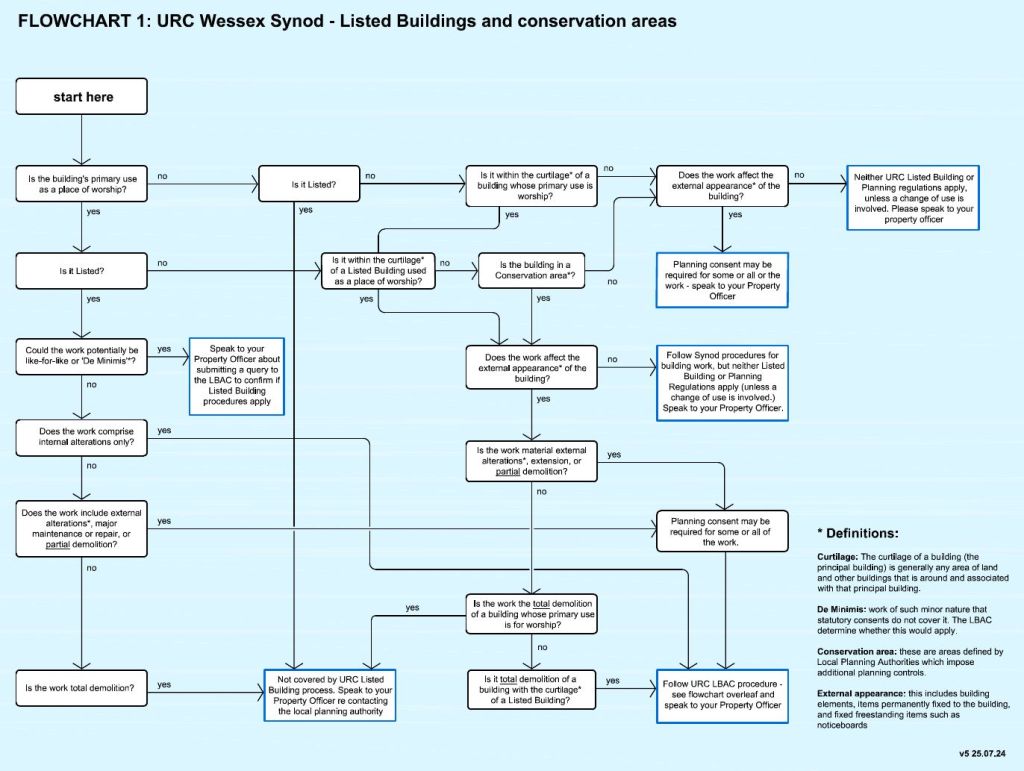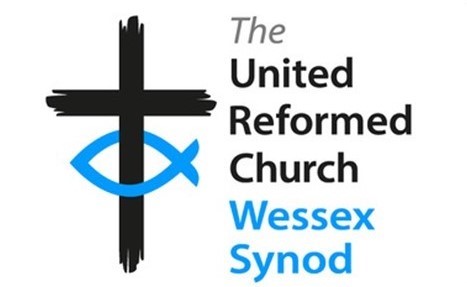
Your church/hall is a listed building and/or in a conservation area? Congratulations, you are guardians of an important piece of our heritage! And commiserations, because work on listed buildings and their surroundings is subject to extra layers of planning and conservation law. The good news is that buildings used mainly for public worship, and often the associated buildings and structures, can have those legal requirements dealt with by the Synod, following procedures established under the Town and Country Planning Act (1990) and the Planning (Listed Buildings and Conservation Areas) Act 1990. NB This is a statutory process. We have to get it right! For that reason the Wessex Trust will not normally consider grant applications for grants towards work on our listed buildings which have not been considered first by the Listed Buildings Advisory Committee.
The key people in the process are our two Synod Property Officers (SPOs) – Nicola Werro for the northern half of the Synod, and Graham Barber for the southern half. They will be your guides to interaction with the Listed Buildings Advisory Committee (LBAC) and the Wessex Synod Trust. Always start with them.
The Process in outline

1. Discuss your application with your Synod Property Officer. This is always the starting point. You will probably need other professional help and guidance, but start with the SPOs. NB Other consents/input from external bodies may be required but always start with the SPOs.
2. Submit your application form (Form 1 + appendices) to your SPO who will check that the application is complete and that all associated documents are included. We need them all.
3. Once the application and all relevant documents are assembled, email them to the secretary of the LBAC, who will also check for completeness. At this point the application is “live”.
4. The LBAC secretary will circulate the application to the committee and to the relevant external consultees, including the Local Authority. The consultation process will take at least five weeks.
6. At their meeting the LBAC will review the application and any feedback and make their recommendation to the Wessex Trust. The Trust require information three weeks before their regular meeting.
7. The LBAC will advise the church of their recommendations to the Trust – this is for information only. It is the Trust who make the final decision
8. The Trust will confirm their acceptance/rejection of the application directly to the church.
Does the Ecclesiastical Exemption apply?
It is safest to assume that it does, but the flowchart below will help clarify the situation.

The Forms.
Because this is a formal statutory process we use a set of forms, not of our devising, which enable the Synod to keep track of the details and the legalities. You can find the complete set here. The forms you need for the initial application are Form 1 and its appendix. Form 1 lists a set of documents we need to see for a complete application. These are the papers a Local Authority would need to process an application, and we need them too – all of them .
The Handbook
Here is the handbook, setting out in full the URC rules on work to be done on our listed buildings.
